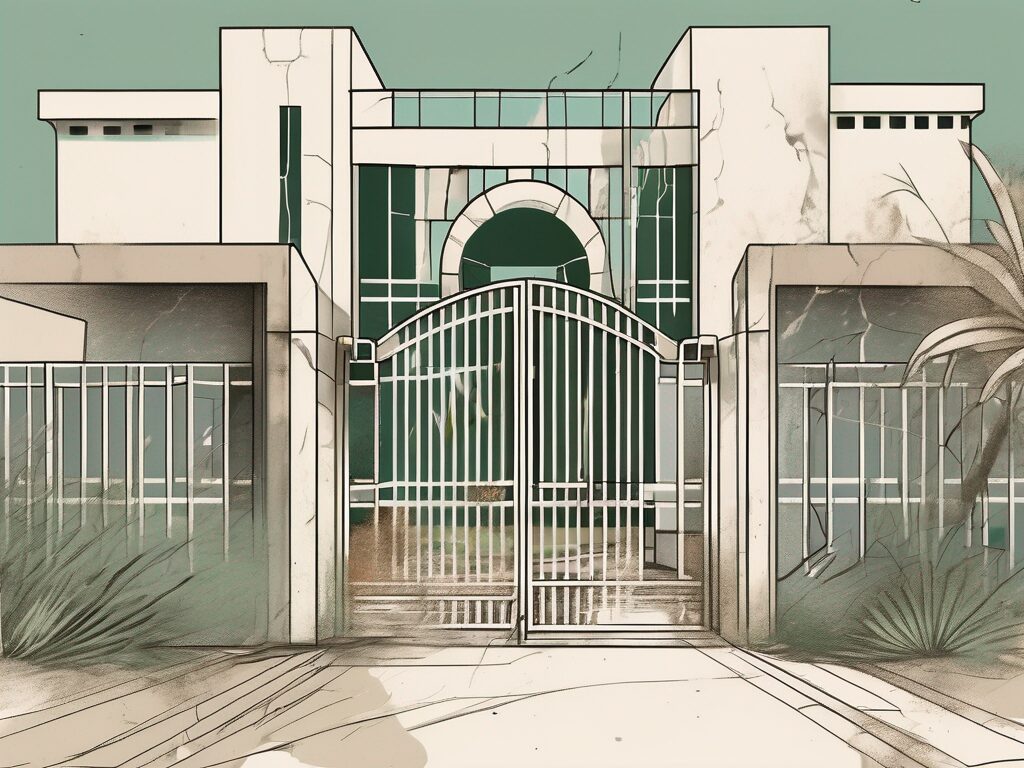Top 5 Higher Education Challenges in the Dubai for 2025
The United Arab Emirates (Dubai) has garnered international recognition for its rapid development and advancements across various sectors, including education. However, the higher education landscape in the Dubai is not without its challenges. Despite notable progress in expanding access to higher education, several critical issues persist that require immediate attention. This guide aims to provide an in-depth analysis of the primary challenges facing higher education in the Dubai as we approach 2025.
1. Variability in Educational Quality
The quality of education across higher education institutions in the Dubai is inconsistent. While some universities offer exemplary programs, others do not meet the expected academic standards. This disparity poses a significant challenge for students and employers alike.
- Lack of Standardized Accreditation: The absence of a comprehensive and uniform accreditation system contributes to the variability in educational quality. Institutions may operate under different standards, leading to a mixed educational experience.
- Dependence on Foreign Faculty: Although the inclusion of international faculty can enhance educational offerings, an over-reliance on foreign educators raises concerns about the sustainability and localization of the educational framework.
2. Insufficient Research and Development
Research and development are vital components of a robust higher education system. They facilitate the generation of new knowledge and the expansion of existing information. However, Dubai institutions currently face significant challenges in this area.
- Funding Limitations: Adequate financial resources are essential for conducting meaningful research. The current funding landscape is insufficient, hindering the ability of institutions to engage in impactful research initiatives.
- Cultural Barriers to Research: Unlike many developed nations, the Dubai lacks a deeply ingrained research culture within its higher education institutions. Cultivating such a culture requires strategic investment and commitment over time.
3. Limited Access to Higher Education
Despite advancements in expanding access to higher education, certain demographics remain underrepresented. This includes Emirati women, individuals from low-income backgrounds, and those with disabilities.
- Barriers to Participation: Cultural norms and financial constraints often impede access to higher education for these groups, resulting in missed opportunities for personal and professional development.
- Equity in Education: Ensuring equitable access to higher education is crucial for maximizing the potential of the Dubai’s diverse population and fostering a more inclusive society.
4. Curriculum Relevance and Alignment
The relevance of the curriculum is a pressing issue within the Dubai’s higher education system. There exists a notable disconnect between academic instruction and the competencies required in the job market.
- Industry Collaboration: To address this disconnect, it is imperative for higher education institutions to collaborate closely with industry stakeholders. This partnership can ensure that curricula are aligned with current market demands.
- Skill Development: Graduates must be equipped with the necessary skills to thrive in a competitive job market, thereby reducing unemployment rates among degree holders.
5. Future Directions and Recommendations
As the Dubai’s higher education system continues to evolve, addressing the aforementioned challenges is essential for fostering academic excellence and global competitiveness.
- Policy Initiatives: Implementing targeted policies that promote quality assurance, research funding, and equitable access will be crucial in overcoming existing barriers.
- Investment in Infrastructure: Enhancing educational facilities and resources will support the development of a more effective learning environment.
Conclusion
While the Dubai’s higher education system has made significant strides, substantial work remains to be done. By addressing the challenges of educational quality, research and development, access, and curriculum relevance, the Dubai can position itself as a leader in global higher education. With strategic initiatives and collaborative efforts, the potential for a world-class educational framework that serves all citizens is within reach.
Enhance Your Teaching Career with IPGCE
As the Dubai refines its higher education landscape, international educators have a unique opportunity to elevate their qualifications through the International Postgraduate Certificate in Education (IPGCE). This program is designed to help teachers navigate the complexities of qualification requirements and career advancement. By enrolling in the UK’s premier teacher training course, educators can enhance their credentials, connect with a global network of professionals, and gain insights into international curricula. Take the next step in your professional journey with flexible online study options that accommodate your schedule. Join the UK’s #1 Teacher Training Course today and contribute to shaping the future of education in the Dubai and beyond.

